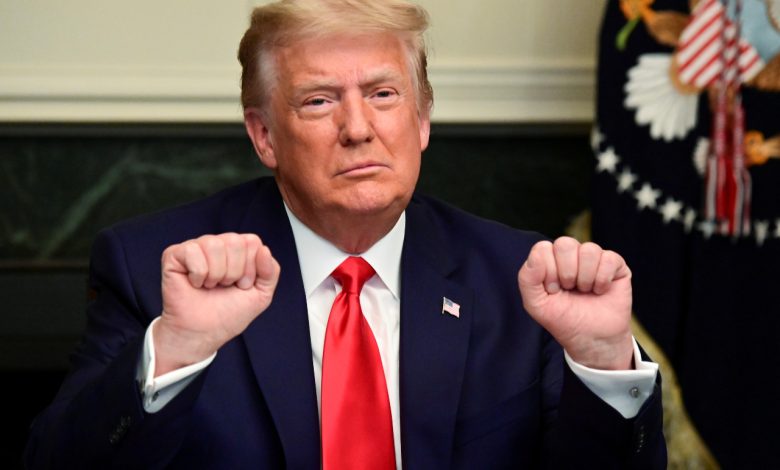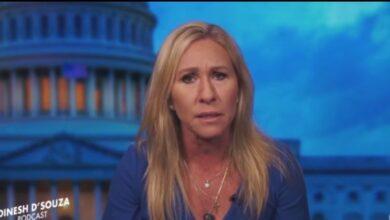House Passes Bill To Bolster Trump’s Security

In response to the two recent assassination attempts on President Donald Trump, the House of Representatives unanimously passed a bipartisan bill to enhance Secret Service protection for major presidential and vice-presidential candidates. The bill, introduced by Reps. Ritchie Torres (D-N.Y.) and Mike Lawler (R-N.Y.), comes after the second attempt on Trump’s life, which occurred on Sunday while he was golfing near his Florida club.
This marked the second attack on Trump in just two months, with the first occurring during a campaign rally in Butler, Pennsylvania, on July 13. Though Trump went on to tell the tale in both incidents, the threats have heightened security concerns heading into the 2024 presidential election.
In a rare show of unity, the bill passed with an overwhelming 405-0 vote, ensuring increased protection for Trump, Kamala Harris, and their respective running mates as they campaign for the White House. Additionally, the House passed a resolution expanding the scope of the investigation into the July assassination attempt to include the more recent attack. The passage of this bill comes as lawmakers wrestle with the rising threats of violence against key political figures in the U.S. as the November election approaches. While some push for increased funding for the Secret Service, others argue that the agency can be more effective by reallocating its current resources.
If the Senate passes the bill and Joe Biden signs it into law, it would trigger a thorough review of Secret Service protocols. The legislation aims to establish uniform security standards for the protection of current and former presidents, vice presidents, and major presidential candidates. This would close any gaps in coverage and ensure that all candidates receive the same level of security, regardless of political affiliation. With political tensions running high, lawmakers seem determined to prevent further threats and violence.
“Regardless of how every American feels, regardless of how every American intends to vote, it is the right of the American people to determine the outcome of this election,” Rep. Lawler explained on Thursday. “The idea that our election could be decided by an assassin’s bullet should shake the conscience of our nation, and it requires swift action by the federal government. It is shocking that it took a second assassination attempt for Donald Trump to get the same level of protective detail from the Secret Service as the president of the United States.”
Jerry Nadler, (D-N.Y.) also expressed his support for the bill, stressing the necessity of enhancing Secret Service capabilities to protect top elected officials and candidates. “I support this legislation because the Secret Service must be able to protect our highest elected officials and candidates. But this legislation will do nothing to make the rest of us any safer, or change the fact that gun violence continues to take the lives of more than 100 Americans every single day,” Nadler said.
Presidential assassinations and assassination attempts have left lasting marks on U.S. history, often altering the nation’s political landscape. Four sitting U.S. presidents have been assassinated. The first was Abraham Lincoln in 1865, just days after the Civil War ended. In 1881, President James A. Garfield became the second victim of assassination. In 1901, President William McKinley was killed by anarchist Leon Czolgosz during a public event in Buffalo, New York, leading to the swift rise of Theodore Roosevelt to the presidency.
The most recent assassination was in 1963, when President John F. Kennedy was shot and killed by Lee Harvey Oswald in Dallas, Texas, during a motorcade procession. In addition to these successful assassinations, numerous attempts have been made on the lives of other presidents. In 1981, President Ronald Reagan survived an assassination attempt when John Hinckley Jr. shot him outside a Washington, D.C. hotel. Reagan’s quick recovery from the shooting bolstered his public image.



